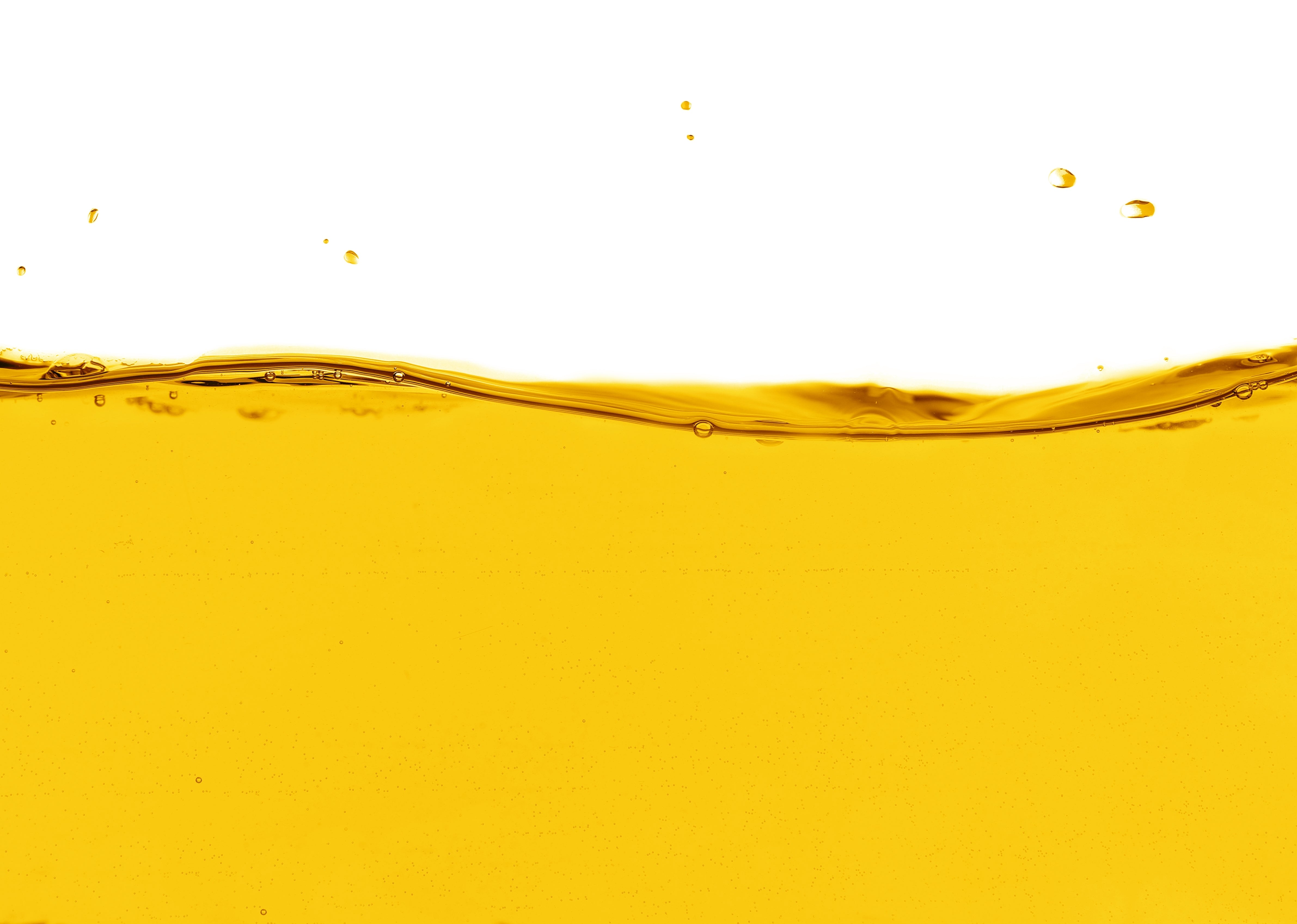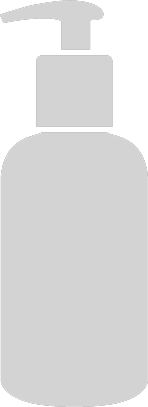

D-Biotin.
What is it?
D-biotin is the naturally occurring, biologically active form of biotin, also known as vitamin B7 or coenzyme R. It is up to 100 times more biologically active than synthetic forms of biotin. As a vital member of the B complex group of vitamins, D-biotin plays a key role in supporting various bodily functions, particularly those related to metabolism, skin, hair, and nails. By supporting the formation of fatty acids and glucose, D-biotin can maintain the skin's moisture level.
Information
D-biotin is the naturally occurring, biologically active form of biotin, also known as vitamin B7 or coenzyme R. It is up to 100 times more biologically active than synthetic forms of biotin. As a vital member of the B complex group of vitamins, D-biotin plays a key role in supporting various bodily functions, particularly those related to metabolism, skin, hair, and nails. By supporting the formation of fatty acids and glucose, D-biotin can maintain the skin's moisture level.
Where does it come from?
D-biotin is found naturally in various foods, including eggs, nuts, seeds, and certain vegetables. It can also be derived from plant sources that may include additional beneficial extracts, such as amla for vitamin C and pomegranate for antioxidants. Unlike synthetic biotin, D-biotin's natural origin contributes to its enhanced bioavailability and effectiveness.
What are the benefits?
What are the benefits?
© OLIVE TREE PEOPLE INC. 2025. ALL RIGHTS RESERVED.
Use left/right arrows to navigate the slideshow or swipe left/right if using a mobile device
























